law enforcement
Latest
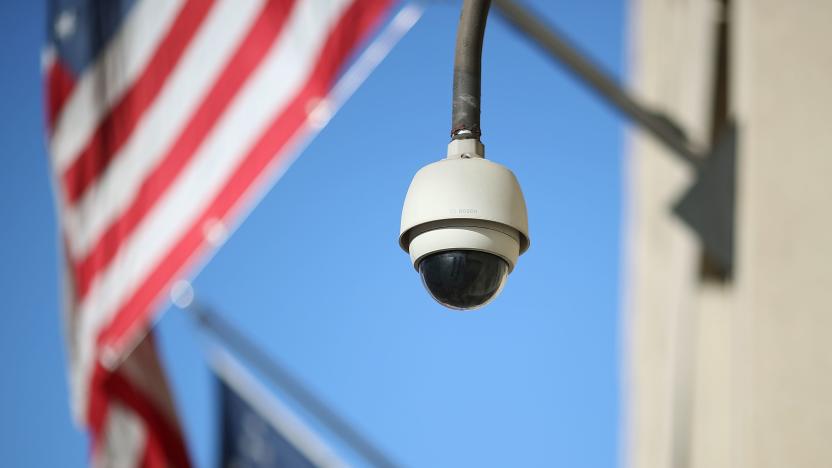
Boston bans police and city use of facial recognition software
Following the wrongful arrest of Robert Williams, Boston has become the second-largest city in the US to ban the use of facial recognition software.

False facial recognition match leads to a wrongful arrest in Detroit
A Michigan man was arrested due to a false match in a facial recognition system, and the ACLU is filing a complaint in response.
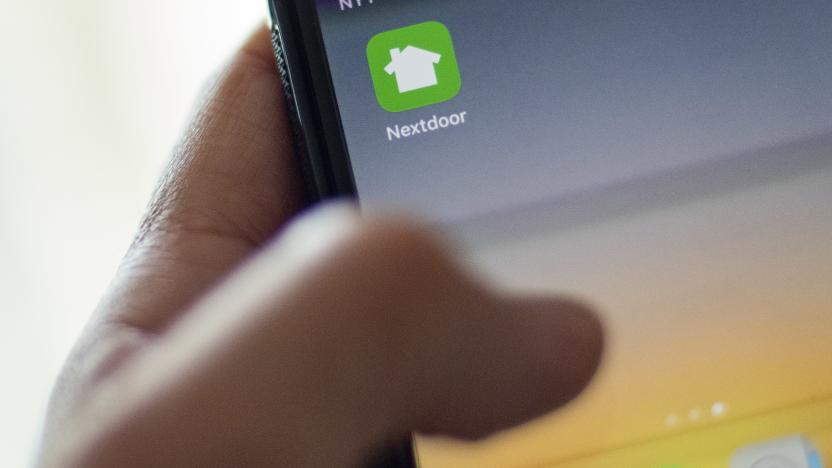
Nextdoor pulls 'Forward to Police' feature amid concerns over racist abuse
Nextdoor has removed its 'Forward to Police' feature after concerns of abuse and a lack of demand.

Microsoft reportedly tried to sell facial recognition tech to the DEA
Microsoft pitched its facial recognition technology to the DEA despite its concerns about selling to local police.
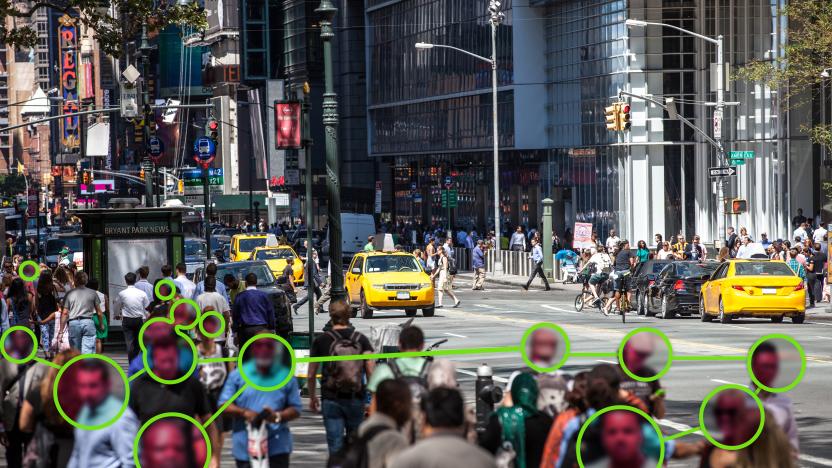
Microsoft won't sell facial recognition to police without federal regulation
Microsoft is joining Amazon in halting police access to facial recognition until there's regulation in place.

Amazon places 'moratorium' on police use of its facial recognition tech
Amazon will put a 'moratorium' on use of its Rekognition facial recognition tech to give Congress time to implement new ethics laws.
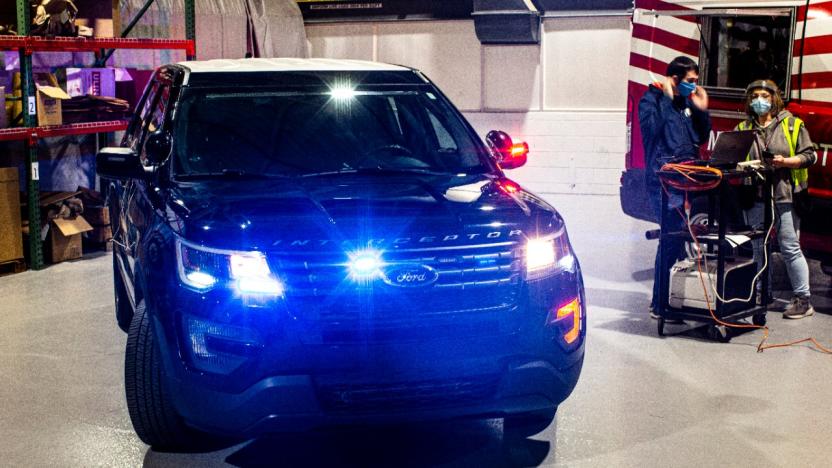
Ford disinfects police cruisers by 'roasting' them
Ford's software cranks the heat in police cruisers to disinfect them and slow the spread of COVID-19.
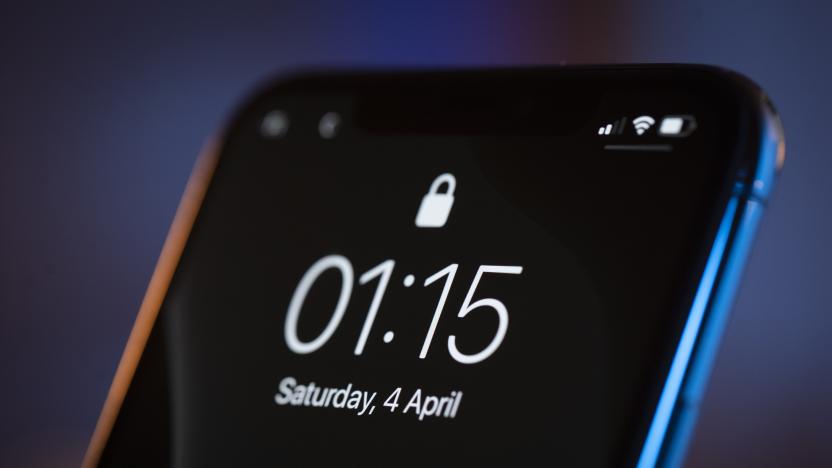
District judge rules FBI needs a warrant to access your lock screen
A Washington state judge ruled that the FBI needs a search warrant to look at a suspect's lock screen.

San Diego police ban Clearview AI's facial recognition tool
The backlash to Clearview AI's facial recognition tool is extending beyond tech companies and civil liberties groups. San Diego's police department and district attorney's office have confirmed that they banned use of Clearview AI in recent weeks. However, that wasn't before they were used in free trials. Police Lieutenant Shawn Takeuchi said that two detectives used Clearview for investigating financial crimes in tandem with "partners in the banking industry," while the DA office's Steve Walker said that eight investigators tried the tech in cases that didn't lead to charges.

Google location data led police to investigate an innocent cyclist
Those concerns about police indiscriminately collecting Google location data have some grounding in the real world. NBC News has revealed that police inadvertently made a suspect of an innocent cyclist, Gainesville, Florida resident Zachary McCoy, after using a geofence warrant (collecting all location data around the scene of a crime) to look for leads in a March 2019 burglary. McCoy had been using RunKeeper to track his biking, and had passed by the victim's house three times in the space of an hour -- enough to raise eyebrows among investigators looking for suspicious info.
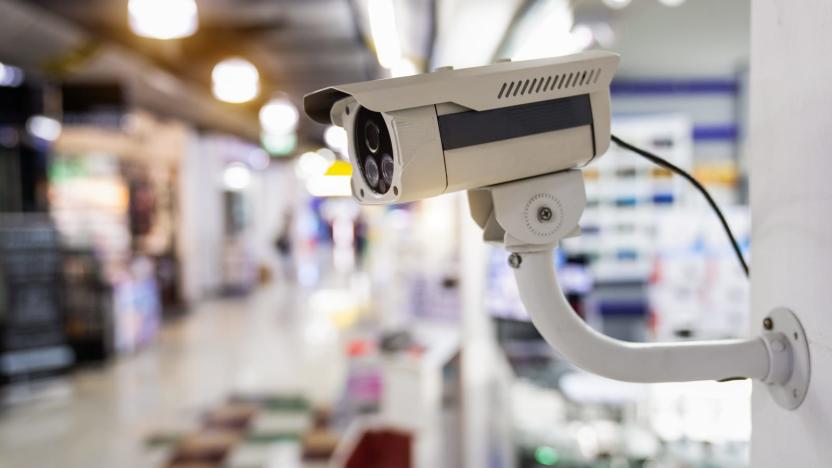
Banjo AI surveillance is already monitoring traffic cams across Utah
A small company called Banjo is bringing pervasive AI surveillance to law enforcement throughout Utah, Motherboard reports. In July, Banjo signed a five-year, $20.7 million contract with Utah. The agreement gives the company real-time access to state traffic cameras, CCTV and public safety cameras, 911 emergency systems, location data for state-owned vehicles and more. In exchange, Banjo promises to alert law enforcement to "anomalies," aka crimes, but the arrangement raises all kinds of red flags.

Ring footage might not be very useful for catching criminals
Ring has said that camera footage sent to police can help reduce burglaries and catch criminals, but how effective is it, really? It might not be as helpful as you might think. NBC News has conducted an investigation suggesting that Ring's video doorbells and security cameras haven't been of much use to at least some police forces. Of the 40 law enforcement agencies the news outlet reached, just 13 said they'd made arrests after reviewing Ring footage, while two offered rough estimates. The remainder either made zero arrests (13 agencies) or didn't know how effective Ring had been despite partnerships that had lasted more than a year.
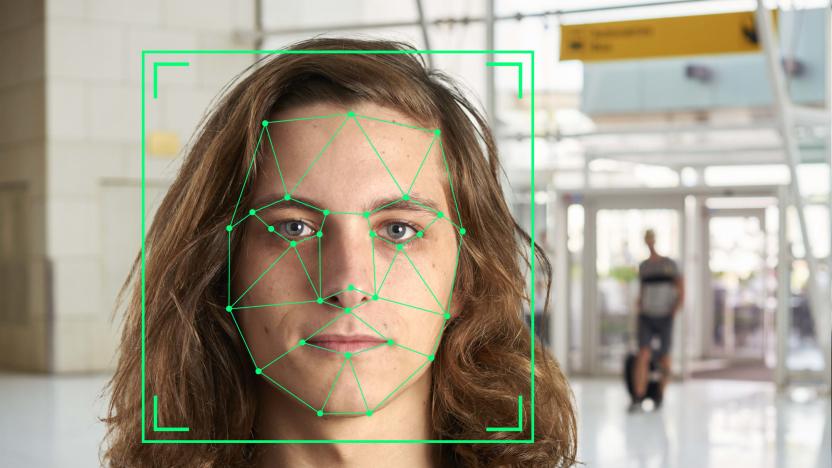
Google tells facial recognition startup Clearview AI to stop scraping photos
Following Twitter, Google and YouTube have become the latest companies to send a cease-and-desist letter to Clearview AI, the startup behind a controversial facial recognition program that more than 600 police departments across North American use. Clearview came under scrutiny earlier this year when The New York Times showed that the company had been scraping billions of images on the internet to build its database of faces. Google has demanded Clearview stop scraping YouTube videos for its database, as well as delete any photos it has already collected.
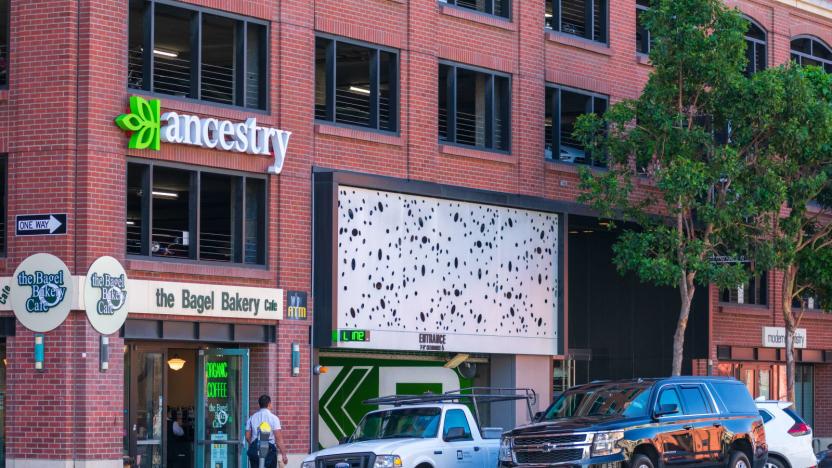
Ancestry fought a police DNA database request and won
Authorities tried to gain access to Ancestry's massive DNA database with a search warrant last year, the genealogy company has revealed in its transparency report. Ancestry divulged the information requests it received from law enforcement in 2019 in the report, noting that it complied with six of the nine valid requests. It challenged the warrant on jurisdictional grounds, though, and refused to give authorities access to its database.

Ring update gives you more control over police video requests
Ring is acting on its promises to improve privacy and security in 2020. The Amazon brand has introduced a Control Center in the Ring mobile app that aims to deliver more control over access and sharing. Most notably, there's a toggle to opt out of law enforcement video requests -- you don't have to wait to receive one before making a decision. Ring is unsurprisingly encouraging customers to leave it on (it has police partnerships to maintain) in the name of neighborhood security, but it's at least acknowledging that some users are uncomfortable with serving as de facto eyes for police officers.
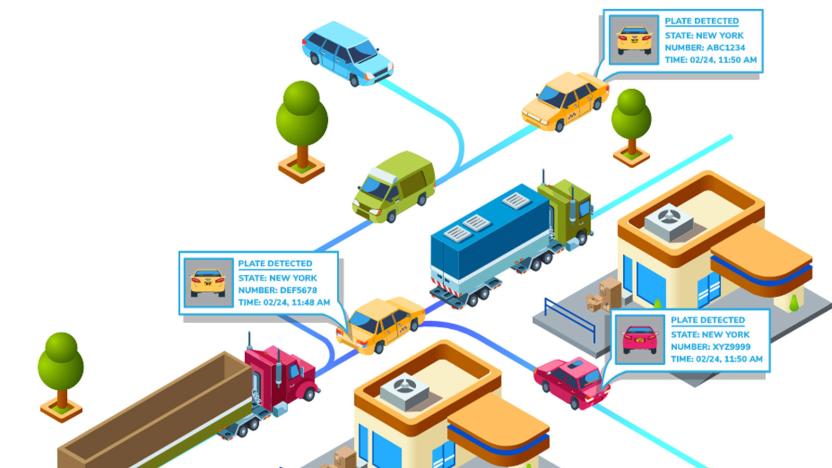
Anyone with a camera and $5 can now have a license plate reader
Automatic license plate readers (ALPRs), software that allows computers to separate and analyze license plates from camera footage, could soon become ubiquitous in American neighborhoods thanks to a company called Rekor Systems. On Thursday, the firm started selling a product called Watchman. The $5 per month subscription allows homeowners to add the company's OpenALPR software to almost any home security camera.

Law enforcement is using a facial recognition app with huge privacy issues
You may have good reason to be worried that police use of facial recognition might erode your privacy -- many departments are already using software with serious privacy concerns. The New York Times has learned that over 600 law enforcement agencies in the US and Canada have signed up in the past year to use software from little-known startup Clearview AI that can match uploaded photos (even those with imperfect angles) against over three billion images reportedly scraped from the web, including Facebook and YouTube. While it has apparently helped solve some cases, it also creates massive privacy concerns -- police could intimidate protesters, stalk people and otherwise abuse the system with few obstacles.

Amazon may get law enforcement involved in more counterfeit cases
Amazon has been waging a war against counterfeits for years. The company has tried everything from charging high fees in order to sell big names to letting brands issue takedowns. Now, Amazon is planning to give more data on counterfeits to law enforcement, in hopes that will lead to more crackdowns, a source familiar with the program told Reuters.

FBI asks Apple to help unlock iPhones of suspected naval station shooter
The FBI is once again asking Apple to help it access iPhones for the sake of an investigation. The bureau has sent a letter to Apple's general counsel requesting the company's help in unlocking the two iPhones of Mohammed Saeed Alshamrani, the man believed responsible for killing three people at Naval Air Station Pensacola. FBI officials have requested help from other agencies and countries as well as "familiar contacts in the third-party vendor community," but are hoping Apple will make their lives easier. One of those contacts might be CelleBrite, which reportedly helped the FBI crack San Bernardino shooter Syed Farook's iPhone 5c.
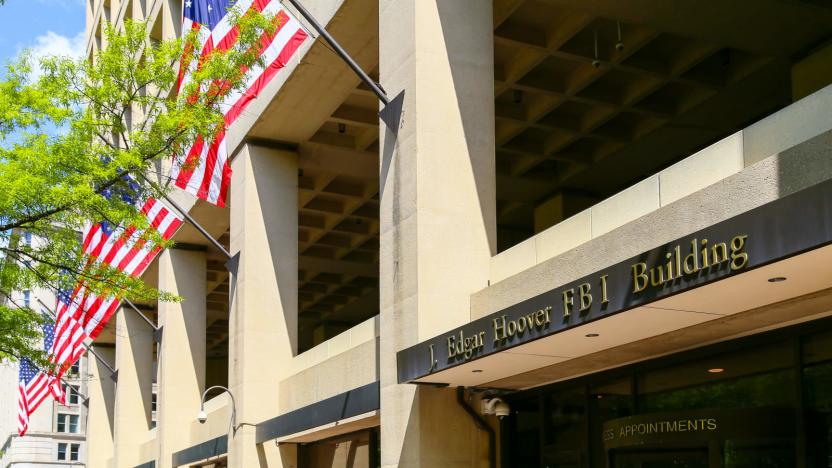
FBI program helps companies fool hackers with 'decoy data'
The FBI thinks it has a way for companies to limit the damage from data breaches: lure thieves into taking the wrong data. Ars Technica has learned of an FBI program, IDLE (Illicit Data Loss Exploitation), that has companies plant "decoy data" to confuse intruders looking to steal valuable info. Think of it as a honeypot for would-be fraudsters and corporate spies.




